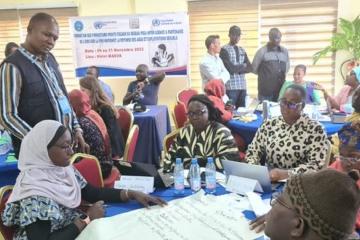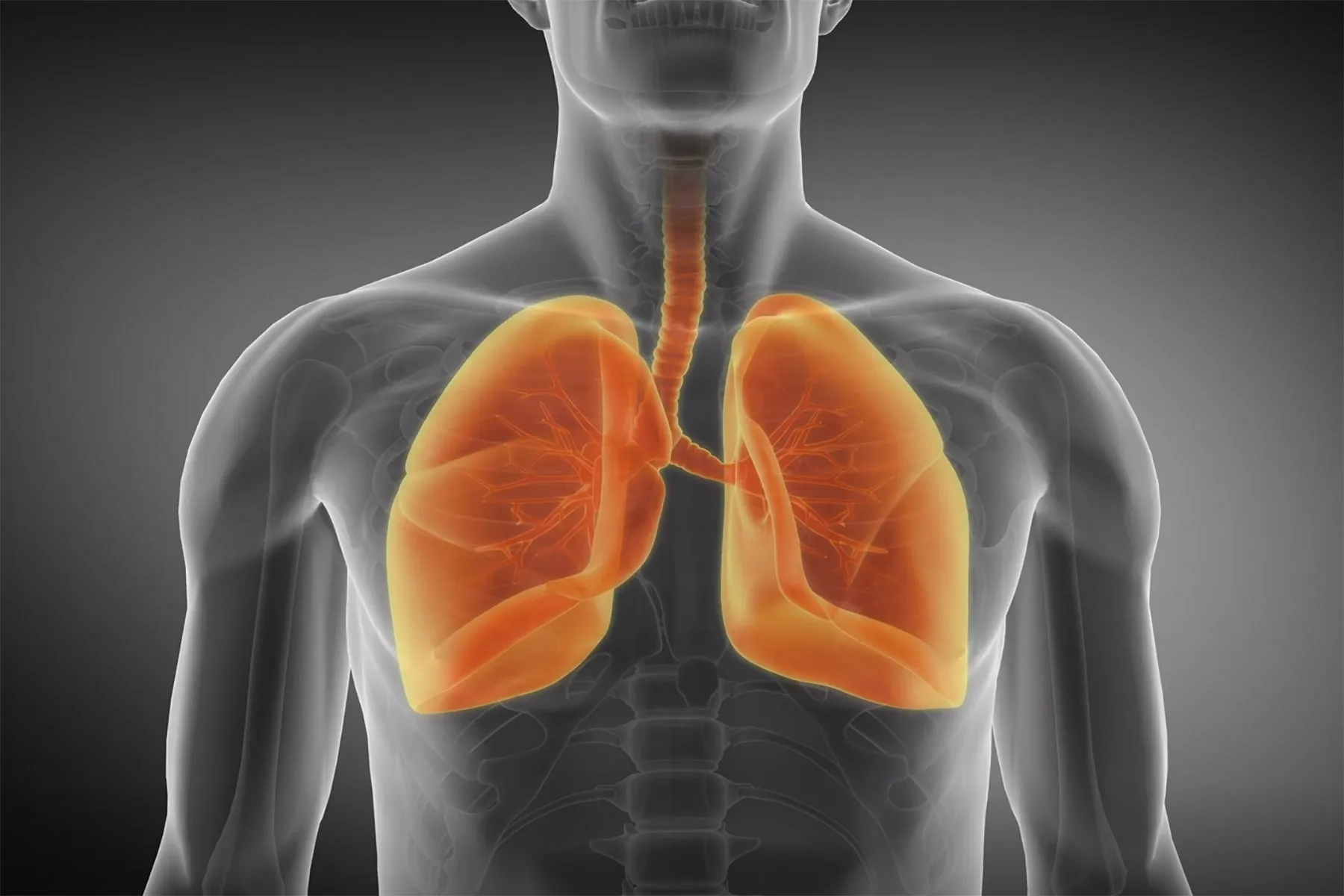People who mistrust healthcare organizations due to discrimination and other factors are less likely to take medical advice and keep follow-up appointments. Transforming Care spoke to Laura Bogart, Ph.D., a social psychologist and senior behavioral scientist at the RAND Corporation whose research has documented the effects of medical mistrust on HIV prevention and treatment outcomes as well as COVID-19 vaccination uptake. We asked Bogart how clinicians can broach conversations about mistrust and ameliorate its effects, particularly among racial and ethnic minorities who report higher levels of medical mistrust than other groups.
Transforming Care is a publication series from the Commonwealth Fund that explores the people and places reinventing healthcare.
Transforming Care: You’ve described medical mistrust as a form of resilience and a healthy survival mechanism that arises in response to discrimination. How does framing mistrust in positive terms help?
Bogart: If we recognize that mistrust isn’t necessarily harmful, it changes how we frame our response. It’s very natural that people put their guard up after experiencing systemic racism and seeing the effects of health inequities on themselves, their loved ones, and their communities. If channeled effectively, mistrust can empower people to protect themselves and pursue changes at the institutional and societal levels.
Transforming Care: What advice would you give to providers who are interested in talking about mistrust with their patients?
Bogart: It starts with education to raise provider awareness about the levels of mistrust in communities, the origins of it, and its impact on engagement, adherence, and treatment outcomes. In a national survey of Black Americans in 2016, we found that a high percentage believe that HIV is manmade (31%), that a cure is being withheld (40%), and that antiretroviral treatment is poison (33%). We also know medical mistrust is correlated with not adhering to medical advice, not taking medications as directed, and delaying cancer screenings and other preventive health measures. It’s also higher among patients who have experienced discrimination.
Transforming Care: What are some of the signs of mistrust in an exam room?
Bogart: Patients may not ask questions. They may not make eye contact or may seem uncomfortable. Some patients may not say much to their provider. They may just take their prescriptions and leave. Others may be more direct and say they don’t believe that the medications will work.
Transforming Care: What techniques do you suggest providers use to broach a conversation about mistrust?
Bogart: It’s important to acknowledge experiences of discrimination and convey that patients’ thoughts, behaviors, and emotions are justifiable, relevant, and meaningful. Their mistrust may stem from recent negative experiences or be a response to historical and ongoing injustices including unethical experimentation or treatment in healthcare. It’s essential to ask open-ended questions while also providing information. A provider might say, “It’s totally understandable that you might be apprehensive about getting vaccinated given what’s happened in the past and even now with inequality and mistreatment in healthcare. What have you heard about the vaccine?” A provider could then say, “It sounds like you have been hearing a variety of things. Would it be OK if I told you what I know about the vaccine?”
Transforming Care: What are some strategies healthcare organizations can use to earn their patients’ trust?
Bogart: Our research has found there may be a social norm around medical mistrust, meaning it may be acceptable and common in communities, families, and social networks to have such beliefs. This is why it’s important to tackle mistrust at the community level. Doing so requires genuine partnership. There are a lot of organizations — churches and community groups among them — that can help elucidate reasons for mistrust, where the mistrust is coming from, and what beliefs are common. The key is that healthcare organizations need to become more trustworthy —by acting on the feedback they receive and not just paying lip service to it.
Transforming Care: You recently published the results of a survey of Black Americans who were reluctant to get a COVID-19 vaccine. It summarizes the respondents’ recommendations for increasing uptake, including the importance of acknowledging systemic racism as the root cause of mistrust. What’s worked well in terms of messaging and where are we still falling short?
Bogart: The community members and stakeholders we talked to told us that messaging is more effective if it is clear and transparent about what is known and what is not known. Providers should share detailed information, such as research findings on the vaccines’ side effects and long-term effects, in accessible language a layperson can understand. Often, policymakers and healthcare organizations take a top-down approach without authentic, ongoing community partnership. Communities need to be empowered to lead the way in developing communication and engagement approaches that allow them to make their own choices and build resilience against future crises.

The Commonwealth Fund is a nonprofit foundation supporting independent research on healthcare issues and making grants to promote better access, improved quality, and greater efficiency in healthcare, particularly for society’s most vulnerable, including people of color, people with low income, and those who are uninsured.
Note: This article have been indexed to our site. We do not claim legitimacy, ownership or copyright of any of the content above. To see the article at original source Click Here








